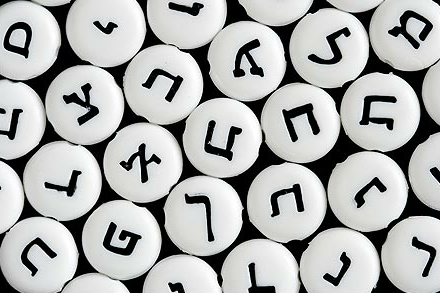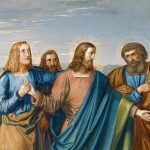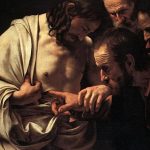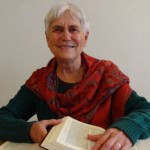
The Revival of Hebrew Language
Hebrew had ceased to be an everyday spoken language somewhere between 200 and 400 CE, declining since the aftermath of the Bar Kochba War. Aramaic and to a lesser extent Greek were already in use as international languages, especially among elites and immigrants.
9 million people worldwide, of whom
7 million are from Israel. The United States has the second largest Hebrew speaking population, with about
221,593 fluent speakers, mostly from Israel.
Modern Hebrew is one of the two official languages of Israel (the other being Arabic), while pre-modern Hebrew is used for prayer or study in Jewish communities around the world today. Ancient Hebrew is also the liturgical tongue of the Samaritans, while modern Hebrew or Arabic is their vernacular. As a foreign language, it is studied mostly by Jews and students of Judaism and Israel, and by archaeologists and linguists specializing in the Middle East and its civilizations, as well as by theologians in Christian seminaries.
The Torah (the first five books), and most of the rest of the Hebrew Bible, is written in Biblical Hebrew, with much of its present form specifically in the dialect that scholars believe flourished around the 6th century BCE, around the time of the Babylonian exile. For this reason, Hebrew has been referred to by Jews as Leshon HaKodesh (לשון הקדש), “The Holy Language”, since ancient times.
Hebrew has been revived several times as a literary language, most significantly by the Haskalah (Enlightenment) movement of early and mid-19th-century Germany. Near the end of that century the Jewish activist Eliezer Ben-Yehuda, owing to the ideology of the national revival (Shivat Tziyon [(שיבת ציון)], later Zionism), began reviving Hebrew as a modern spoken language.







